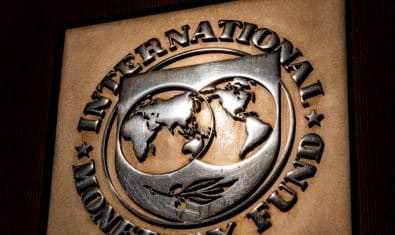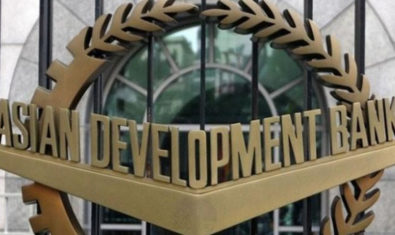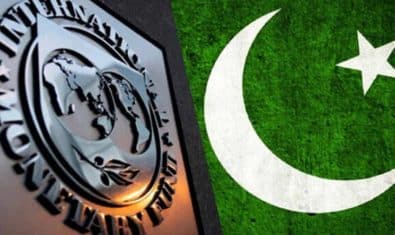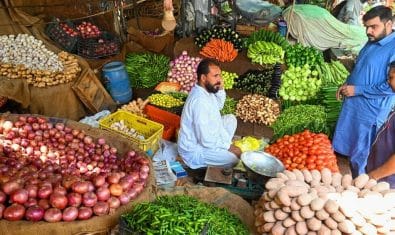The World Bank has urged Pakistan to increase, improve, or implement new taxes on property and agriculture.
The bank in its report ‘Pakistan Development Update: Restoring Fiscal Responsibility’ recommended reforms in agriculture tax and for authorities to strengthen property tax collection.
In terms of agricultural tax reforms, the lender suggested reducing or refining the current 12 ½ acre tax exemption threshold to bring more agricultural land into the tax net.
Also, the Bank wants Pakistan to ensure appropriate categorization of land for tax rates, taking into account size, location, and irrigation status (simulations of an acreage-based tax indicated a potential to generate additional provincial revenues of around 1 percent of GDP). This also extends to agricultural land being used for non-agriculture purposes but continues to be taxed under the agriculture income tax scheme, leaving opportunities for tax arbitrage.
For strengthening tax collection in the property sector, the lender proposed:
- Increase property tax rates to match those applied in peer economies (in Punjab, for example, the UIPT rate is currently set at 5 percent of the annual rental value, which translates into a capital value-based tax rate of 0.07 percent, compared to 0.5 percent in many low-income countries).
- Harmonize the three valuation systems being used for different land-related taxes, with tax rates based on capital values that are reflective of market prices.
- Continue or complete the establishment of reliable records of land ownership linked to Computerized National Identity Cards (CNICs) and National Tax Number.
- Improve the policy and legal framework to ensure that sizable and growing periurban settlements outside current notified municipal boundaries are also subject to appropriate land taxation.
Pakistan’s provinces are assigned three significant sources of revenue: sales tax on services, agricultural income taxation, and property taxation.
The World Bank’s and the IMF’s respective tax policy reviews have analyzed agricultural income taxation and have highlighted the resulting fractionalization of the income tax base due to the split between federal and provincial governments and the exceptionally low revenue performance, despite the agricultural sector’s substantial contribution to GDP.
Property taxation, which is a shared responsibility between provincial, district, and town governments, has low collection rates driven by valuation tables that understate current market values and/or the potential income from property, especially for self-occupied property.
Recent academic literature on provincial property taxation has highlighted that property tax collectors face few incentives to raise revenue. The lender has made the aforesaid recommendations to offset such issues and broaden the tax base.






















will they? could they? should they?
Due to political and neutral reasons this cannot be done. Easy way is just to increase energy prices so collectively we pay others. System is corrupt to the core and the reforms can be taken only by the govt who is “FOR THE PEOPLE, BY THE PEOPLE”
That is never going to happen !